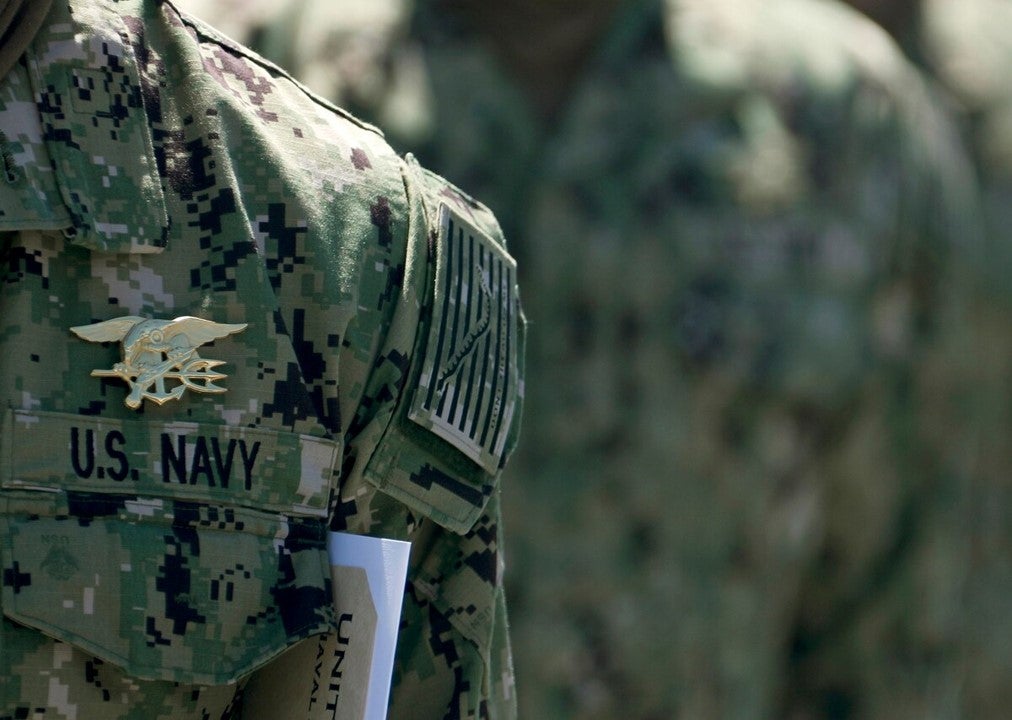Navy SEALs Free American Hostage in Nigeria
Having kidnapped American farmer Philipe Nathan Walton from his farm in Massalata (southern Niger) on Monday, 26 October, his captors hopped back across the border into Nigeria. Their demand: a ransom for Walton’s freedom. Five days later on Halloween, operators from SEAL Team Six payed them a visit. To the kidnappers’ probable surprise, the SEALs were not looking for Halloween candy but rather to take back Walton by force. The raid left all but one of the perpetrators dead with no harm befalling the hostage or the Navy SEALs.
According to a press release from Assistant to the Secretary of Defense Jonathan Hoffman:
“U.S. forces conducted a hostage rescue operation during the early hours of 31 October in Northern Nigeria to recover an American citizen held hostage by a group of armed men. This American citizen is safe and is now in the care of the U.S. Department of State. No U.S military personnel were injured during the operation.”
While no reports had linked the kidnappers to terrorist groups, the continued presence of al Qaeda and ISIS affiliates in Nigeria could have quickly complicated Walton’s case. Getting their hands on the American could have given the Islamist extremists increased leverage. Thus, with no ransom coming, concern about the possibility of Walton being sold to these groups was growing by the day.
The US works together with Nigeria and other African nations to help deter and contain terrorism. The most recent raid was by no means unprecedented. The most famous Navy SEALs action in East Africa is probably the rescue of Captain Richard Phillips which occurred as far back as 2009. Meanwhile last year, French commandos had carried out a raid to free four hostages in Burkino Faso.
Earlier this year, however, the US had begun shifting its strategic aims in West Africa from degrading terrorist groups to simply containing them. The Wall Street Journal has also reported that the Pentagon had withdrawn defense attachés entirely from a number of African states. With this in mind, America’s future military role in Africa remains uncertain.

